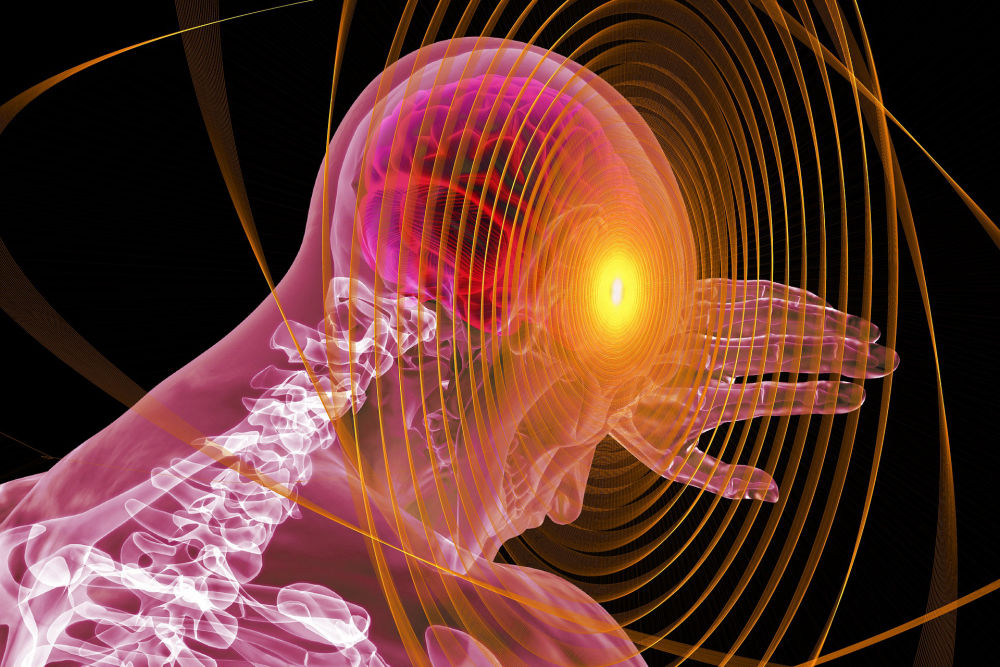How TBI Is Treated with a Mental Health Counselor
While TBI often requires a multidisciplinary team (neurologist, occupational therapist, speech therapist), mental health counselors play a vital role in helping individuals adjust to life after a brain injury by addressing emotional, cognitive, and behavioral challenges.
1. Psychoeducation
- Helps the client and family understand the effects of brain injury
- Normalizes changes in mood, memory, or behavior as part of the injury—not a character flaw
- Increases self-awareness and acceptance
2. Cognitive Rehabilitation Strategies
- Teaches compensatory skills to manage cognitive difficulties (e.g., using planners, task lists, repetition techniques)
- Helps develop attention and memory strategies
- Works on goal-setting and problem-solving skills
3. Emotional and Behavioral Support
- Addresses depression, anxiety, anger, and frustration caused by changes in abilities or identity
- Uses tools from CBT, DBT, or mindfulness to regulate mood and manage emotional reactivity
- Builds coping skills and self-compassion
4. Identity and Self-Esteem Work
- Many individuals with TBI struggle with changes in identity, independence, or employment
- Therapy helps rebuild a sense of purpose and self-worth
- May include grief work around lost abilities or relationships
5. Family and Caregiver Counseling
- Helps loved ones understand how to best support someone with TBI
- Offers guidance for managing frustration, improving communication, and preventing caregiver burnout
6. Social Skills and Relationship Support
- Addresses difficulties with social cues, emotional expression, or impulse control
- Helps clients relearn or adapt interpersonal skills for better relationships
7. Stress Management and Trauma Processing
- TBI may be accompanied by PTSD or trauma from the injury itself
- Therapy may include trauma-informed approaches like EMDR or trauma-focused CBT
Mental Health Counseling Goals for TBI
- Support emotional adjustment and mood stabilization
- Teach practical tools for living with cognitive changes
- Rebuild confidence, identity, and relationships
- Promote independence and quality of life
- Coordinate care and referrals when needed
In Summary
- Traumatic Brain Injury affects the whole person—not just the brain. Mental health counselors help individuals navigate the emotional, psychological, and interpersonal impact of a TBI, offering tools for healing, adapting, and thriving despite the challenges.
